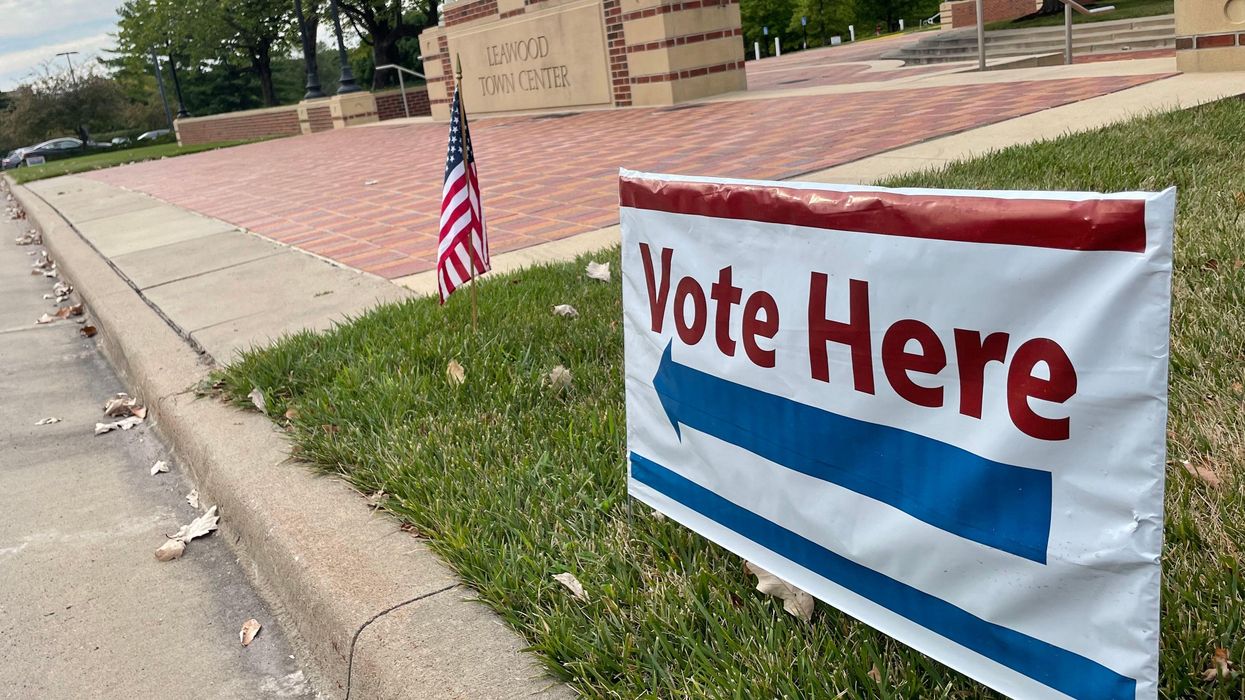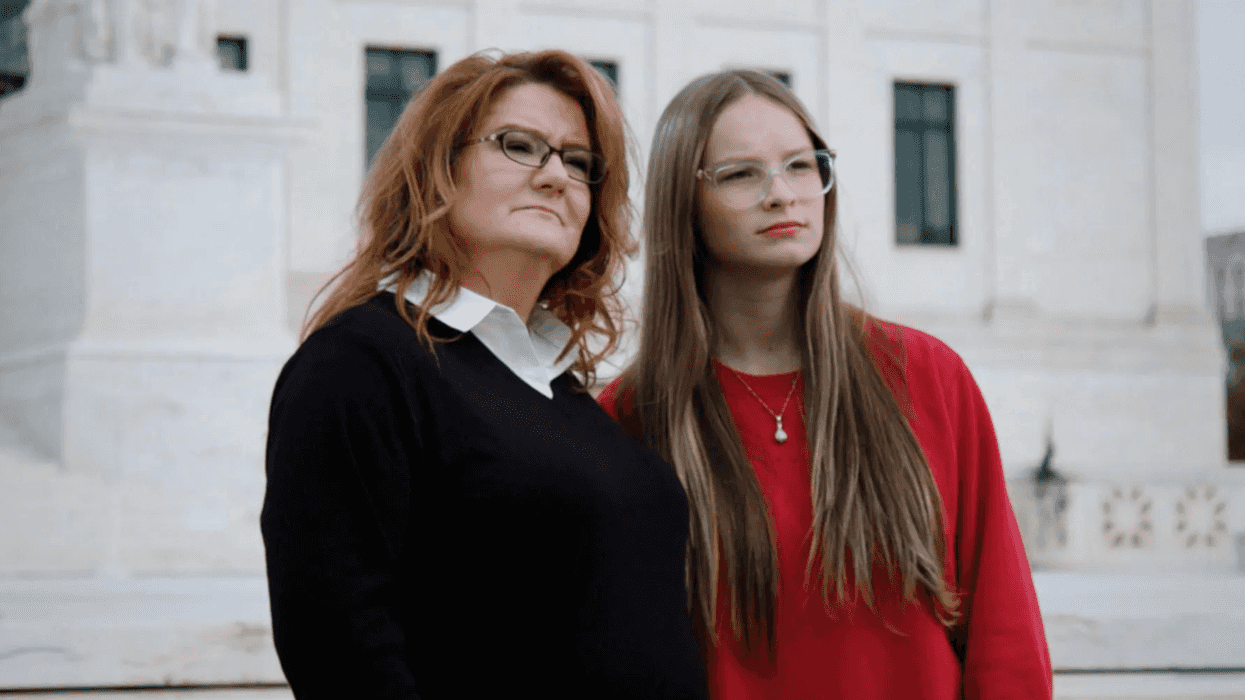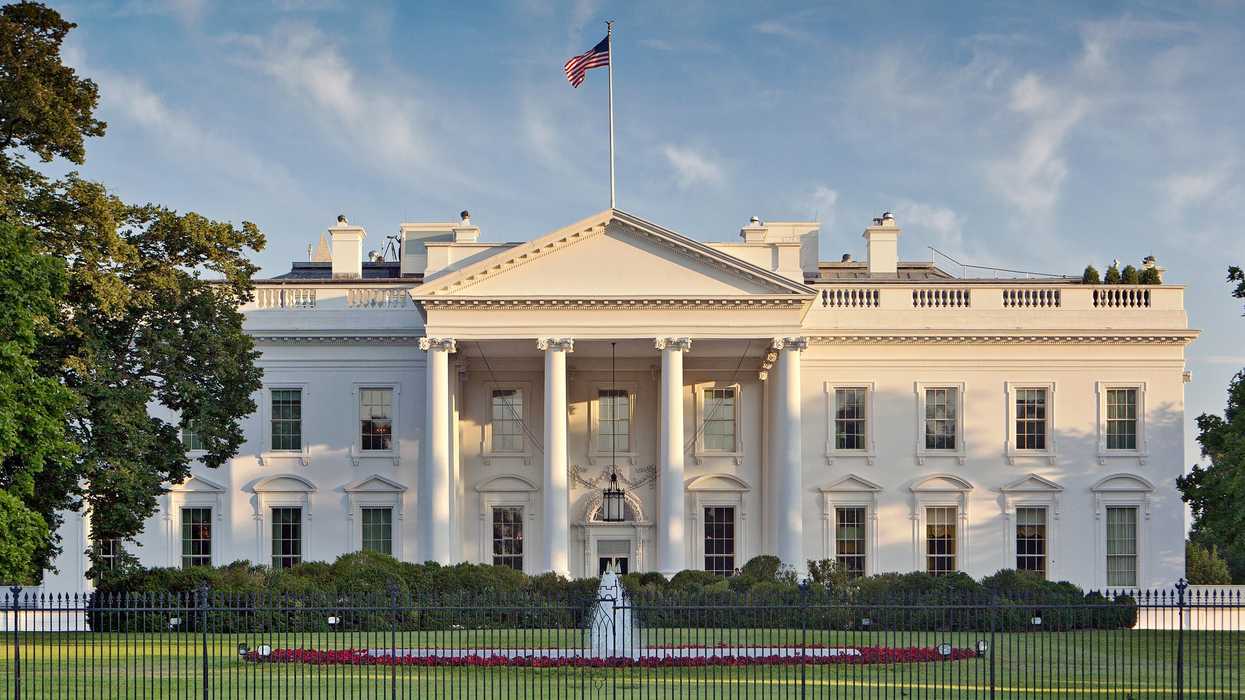Last month, one of the most consequential cases before the Supreme Court began. Six white Justices, two Black and one Latina took the bench for arguments in Louisiana v. Callais. Addressing a core principle of the Voting Rights Act of 1965: representation. The Court is asked to consider if prohibiting the creation of voting districts that intentionally dilute Black and Brown voting power in turn violates the Equal Protection Clause of the 14th and 15th Amendments.
For some, it may be difficult to believe that we’re revisiting this question in 2025. But in truth, the path to voting has been complex since the founding of this country; especially when you template race over the ballot box. America has grappled with the voting question since the end of the Civil War. Through amendments, Congress dropped the term “property” when describing millions of Black Americans now freed from their plantation; then later clarified that we were not only human beings but also Americans before realizing the right to vote could not be assumed in this country. Still, nearly a century would pass before President Lyndon B Johnson signed the Voting Rights Act of 1965 ensuring voting was accessible, free and fair.
Considering this long history of disenfranchisement, it's little to wonder why the Voting Rights Act is being questioned in the Supreme Court today.
I’m reminded of a conversation I had with my father some years ago. When I was younger, he and I frequently launched into grand philosophic debates about democracy, religion, even gender. At the time, the country was at the peak of its election security debate and voter ID laws had begun popping up like wildfire. My father turned to me and proclaimed, “they are going to take it illegal for Black folks to vote.” A freshly minted political scientist, I didn’t hesitate in my pushback. Did he forget our right to vote was enshrined in the Constitution? That the 15th Amendment was designed to ensure all Americans had the right to vote, safely and without any barrier?
“There would need to be an amendment passed or a Constitutional Convention. Either way, it is extremely unlikely that it would ever occur,” I recall mounting as my closing argument.
Some years later, as I listened to the audio from the Louisiana v. Callais case, I realized how easily one could imagine that our nation has made meaningful progress like I so naively did when talking to my father. After all, America elected our nation’s first Black President and female Vice President. African Americans have climbed to the top of their fields in academia, medicine, sports and entertainment (a Black woman sits atop one of the most segregated charts — country music — reclaiming a genre indebted to Black culture).
But much like being Black in America, nothing has ever come that easy — we must read deeper. In the ongoing legal battle over Louisiana’s voting maps, Justice Brett Kavanaugh stated, “This court’s cases, in a variety of contexts, have said that race-based remedies are permissible for a period of time — sometimes for a long period of time, decades in some cases — but that they should not be indefinite and should have an end point.”
So has America been shedding alligator tears since 1865 for all the injustices against Black Americans? And are those tears the “remedies” that Justice Kavanaugh expects us to accept as progress? That answer now lies with six white Justices, two Black and one Latina; a majority who appear to believe those tears were real.
Terrell Couch is a Public Voices Fellow of The OpEd Project in Partnership with National Black Child Development Institute.




















